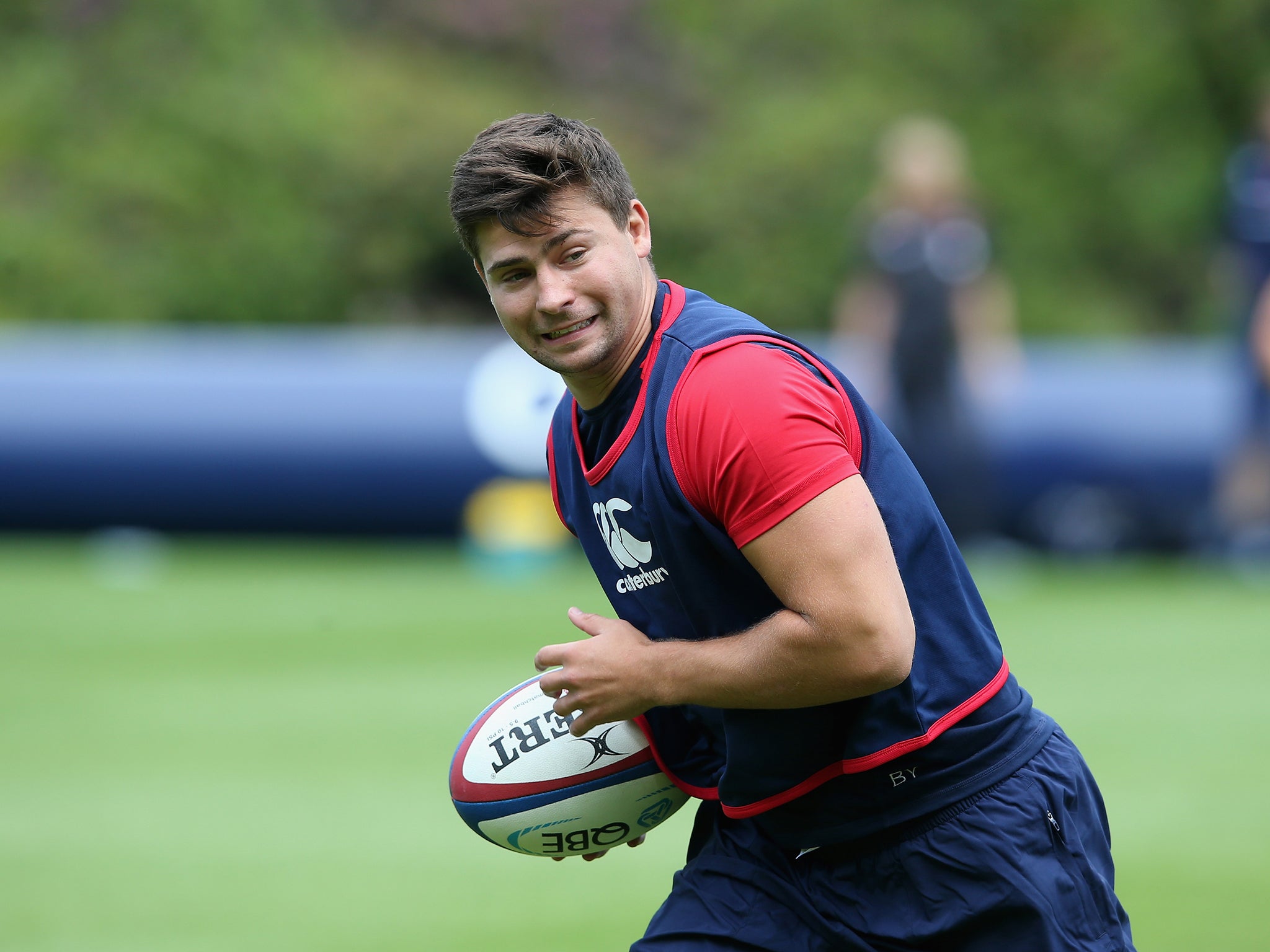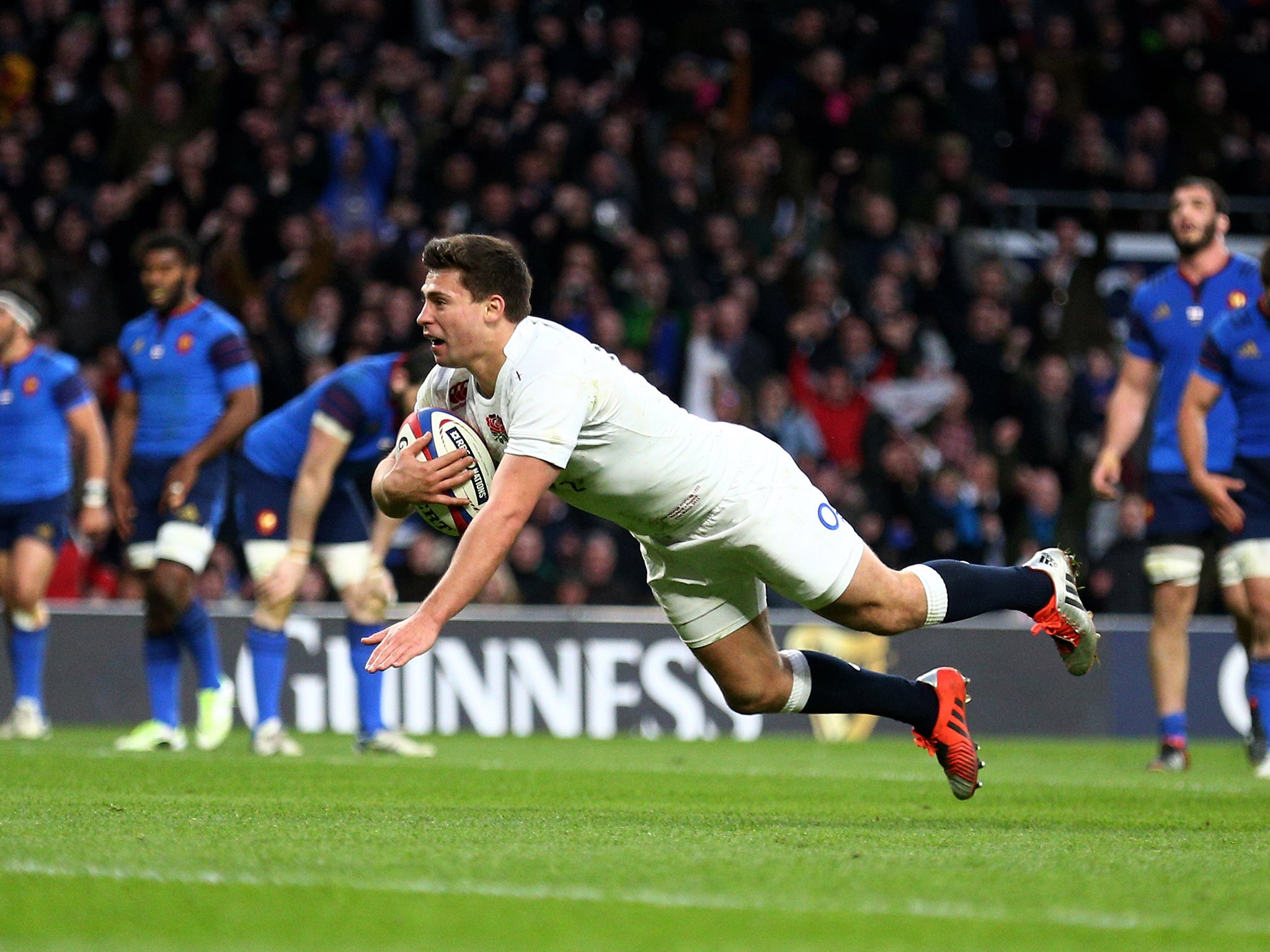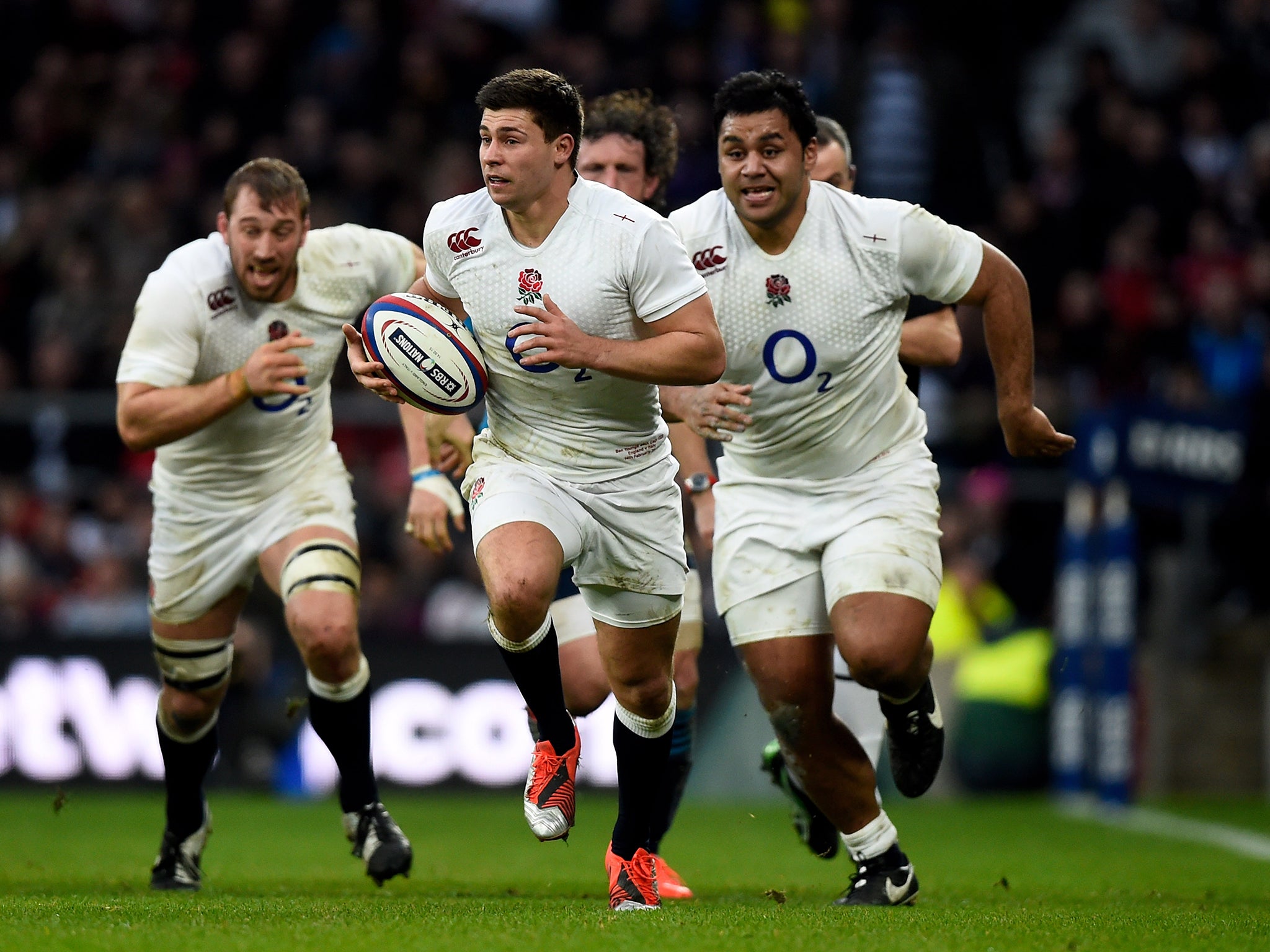Ben Youngs interview: Scrum-half says England are 'worlds away' from 2011 World Cup disaster
Youngs says preparations are utterly different from ill-discipline of that era

Your support helps us to tell the story
From reproductive rights to climate change to Big Tech, The Independent is on the ground when the story is developing. Whether it's investigating the financials of Elon Musk's pro-Trump PAC or producing our latest documentary, 'The A Word', which shines a light on the American women fighting for reproductive rights, we know how important it is to parse out the facts from the messaging.
At such a critical moment in US history, we need reporters on the ground. Your donation allows us to keep sending journalists to speak to both sides of the story.
The Independent is trusted by Americans across the entire political spectrum. And unlike many other quality news outlets, we choose not to lock Americans out of our reporting and analysis with paywalls. We believe quality journalism should be available to everyone, paid for by those who can afford it.
Your support makes all the difference.Time will tell whether England’s Rugby World Cup efforts in 2015 will be compared favourably with the glory, glory year of 2003, or rated closer to the bottom-feeders of the beaten quarter-finalists in 2011.
Among the batch of first-choice players expected to contest the remaining warm-up matches, in France next week and at home to Ireland a fortnight later, scrum-half Ben Youngs is searingly certain that the coaching set-up under Stuart Lancaster is “worlds apart” from Martin Johnson’s much-maligned regime of four years ago.
The basis of Youngs’ confidence in Lancaster, Andy Farrell and company is that England’s planning has become “player-led”. Communication between players and coaches is much better than it was under Johnson, who resigned as England’s manager after 2011, along with attack coach Brian Smith, while forwards coach John Wells and defence coach Mike Ford did not have their contracts renewed.
Only Graham Rowntree – then the scrum coach, since promoted to overall charge of the forwards – was retained, while Youngs is one of nine players in the current squad hoping for a second crack at the global event, with Dan Cole, James Haskell, Richard Wigglesworth, Alex Corbisiero, Davey Wilson, Courtney Lawes, Tom Wood and Nick Easter.

Youngs says Lancaster’s approach is similar to that of England’s cricket team: tapping into players’ expertise and acknowledging the eternal truth that coaches can only ever be bystanders, however good their intentions. “It really is worlds apart [from 2011],” said Youngs. “Stuart encourages people to lead and he encourages people to talk. His door is always open, and ultimately the coaches give you the framework – this is how we’re going to play, this is how we’ll attack it – while telling us as players to go and own it.
“If we want to tweak something, we can tweak it. It’s a lot different and there’s a real understanding between players and coaches of how we want to play and where we want to go as a team. In that relationship and understanding of what we’re about, it allows you easily to prepare and say, ‘I don’t know if this is going to work’, to run it twice in training, and the coach will say ‘yeah, I see your point, let’s tweak it’. You wouldn’t have had that before.”
Youngs sizzled into the England team in 2010, as a 20-year-old whose electrifying try charged a famous win over Australia in Sydney. But while Johnson’s team won the 2011 Six Nations with Youngs at scrum-half, the World Cup in New Zealand later that year was a savage let-down, beset by incoherent attack and selection, and poor discipline on and off the field. “I don’t think we will have any issues this time,” said Youngs. “Guys are so committed to the chance we have of playing in a home World Cup. The culture that Stuart put in [in 2012] gave the foundations, and it’s concrete now.”

Training makes sense to Youngs too, with Matt Parker, formerly the marginal-gains guru of British Cycling, credited with making every session count. Youngs said one tactic is to go straight to practice from the gym, in a fatigued state, “so you have to execute when you’re really knackered. It’s the most planned schedule I’ve ever been involved in. There can be an element of surprise in some sessions. But there’s nothing we do that’s mindless.”
Youngs, who has ceded his England jersey at times to Danny Care and Lee Dickson but is the undisputed incumbent after starting all seven Tests since mid-November 2014, picks out a victory over Scotland last March as a salutary lesson. “We made seven clean line breaks but didn’t score one,” he says. “Had we taken even half of them it would have been a similar performance to the one we put on the following week against the French. We have got to finish these chances.”
The leadership Youngs is revelling in – enhanced by his appointment last season as captain of Leicester Tigers – was too quickly thrust upon him in 2011. The damning England squad reports leaked to the press contained one player’s comment: “Ben would come up with a strategy of how to run off the [number] 9 and off the base of a ruck. Should he have had that responsibility when he’s playing in his first World Cup and trying to get his form back to where it was before his operation?”
That surgery and time off in rehab was required after he wrenched a knee while wrestling in the summer so he was “playing catch-up” in New Zealand. Today he is fully fit, assured of a place in the 31-man World Cup squad and looking forward to expanding on his partnership with fly-half George Ford, formed at Leicester before Ford left for Bath. They opened France up regularly in the 55-35 extravaganza at Twickenham five months ago; the next chance should be in Paris on Saturday night.
Join our commenting forum
Join thought-provoking conversations, follow other Independent readers and see their replies
Comments